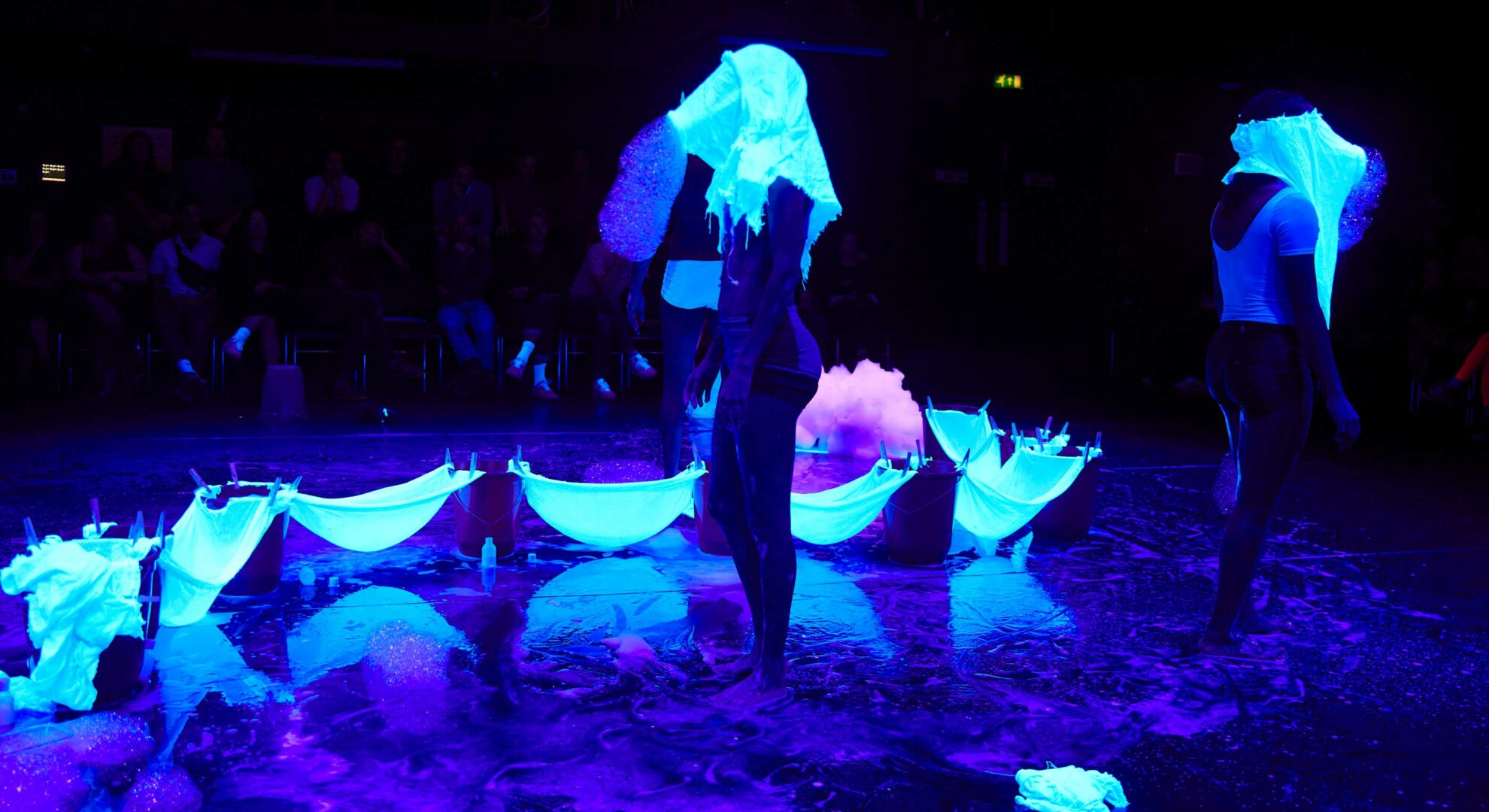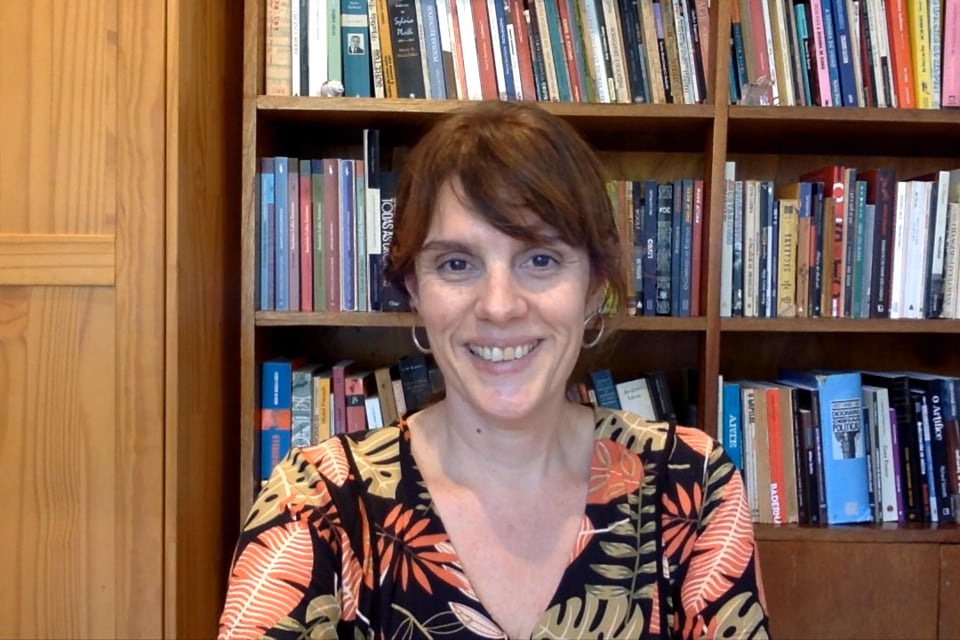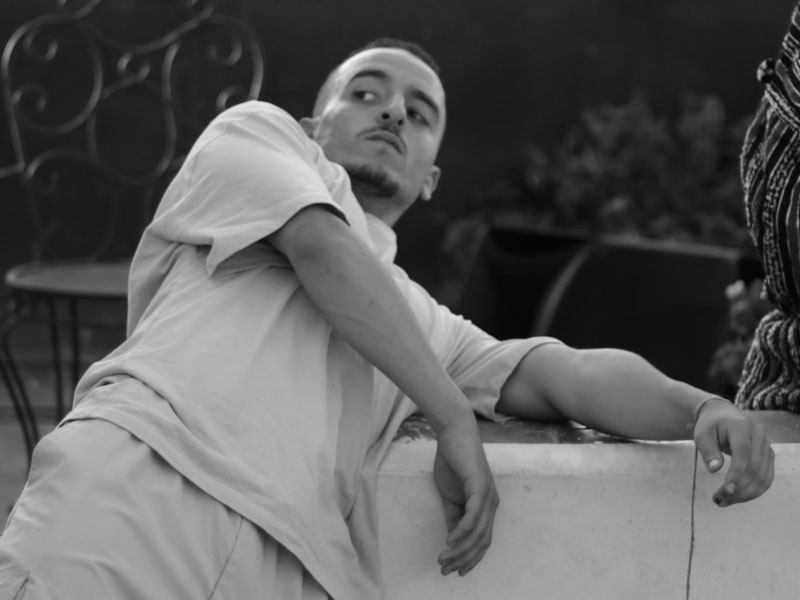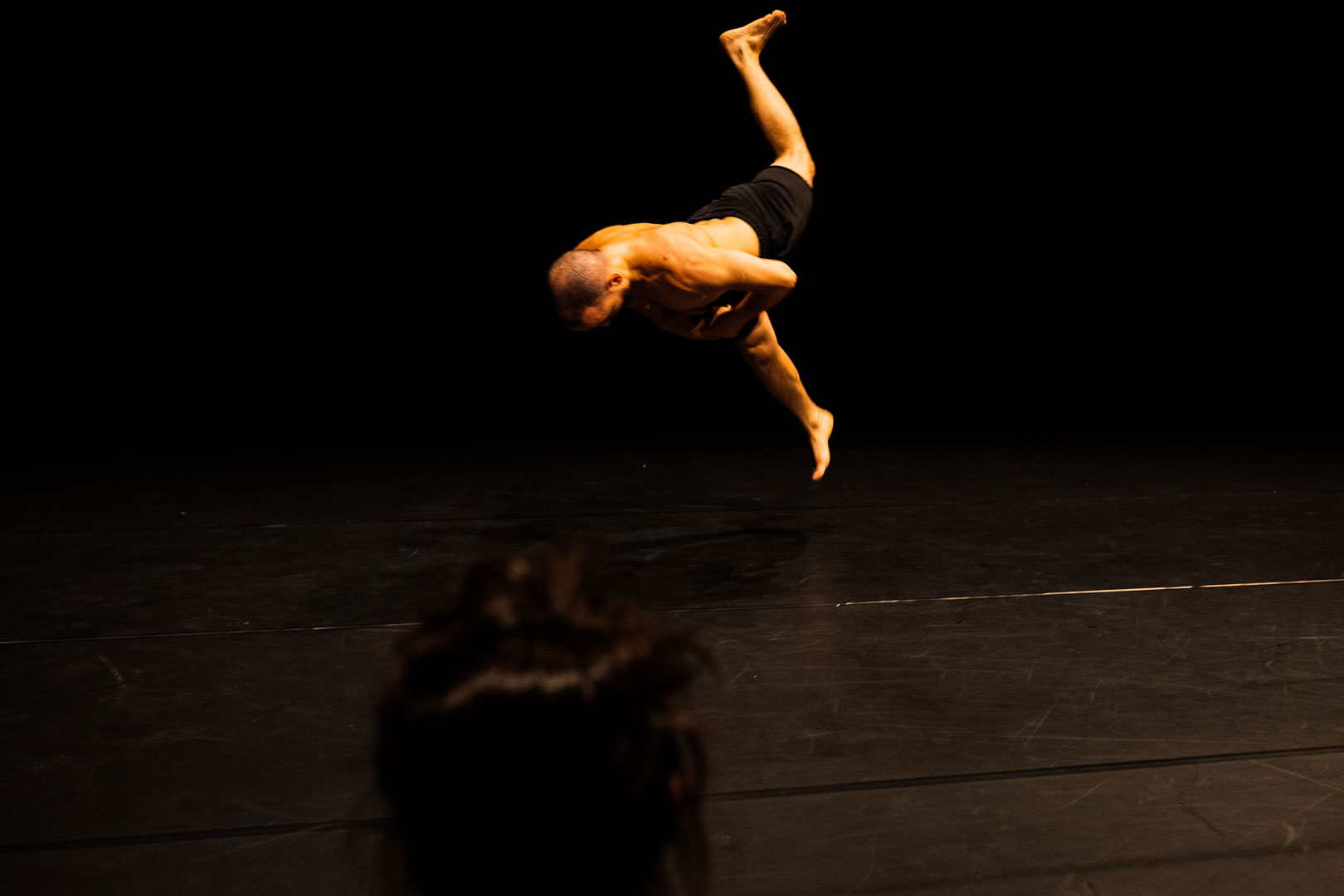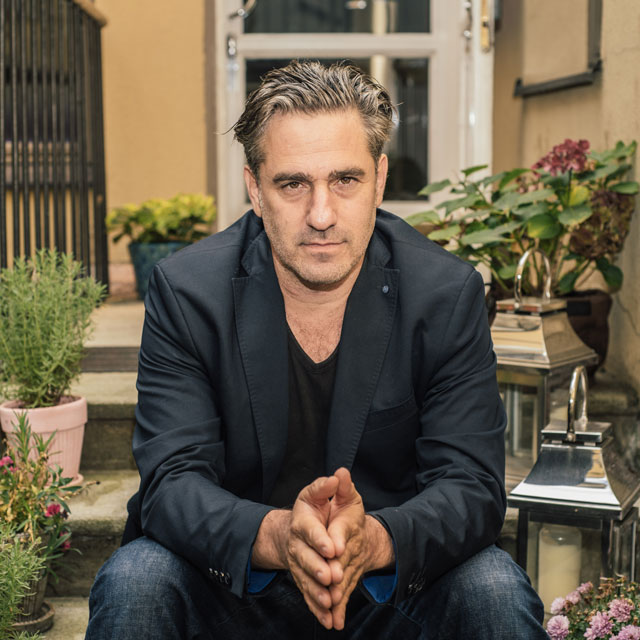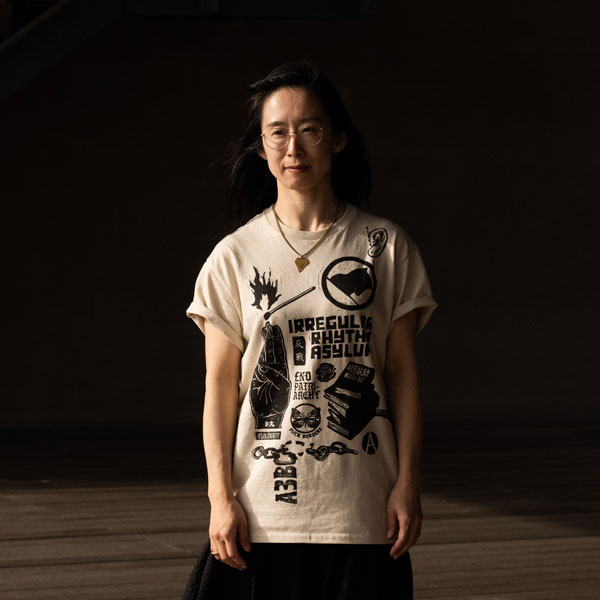“I work less with my own ideas, and more in the sense of building worlds that are born from encounters.”
Brazilian choreographer Alice Ripoll was studying to become a psychoanalyst when she took a deviant turn at the age of twenty-one. Curious about the possibilities of movement research, she decided to study dance. Ripoll began her career as a choreographer, performer, and movement director in 2002. Through research, her work opens space for dancers to transform their experiences into images and movement.
Based in Rio de Janeiro, Ripoll currently directs two dance companies: Cia REC and SUAVE. Both groups stemmed from independently organized collectives or social projects, and became professional touring companies that elaborate and recreate contemporary art. Melding urban dance styles from Brazilian favelas with contemporary dance, theater, and voice research, their work operates at the threshold of dance and performance. Ripoll works collaboratively with the dancers in both companies. “The dancers participate in the creations, so I am used to—and like very much—working collectively. I love helping artists, in a respectful way, to find out ways of expression,” she says. “Usually, I work less with my own ideas, or trying to find new interesting ideas, and more in the sense of building worlds that are born from encounters.”



